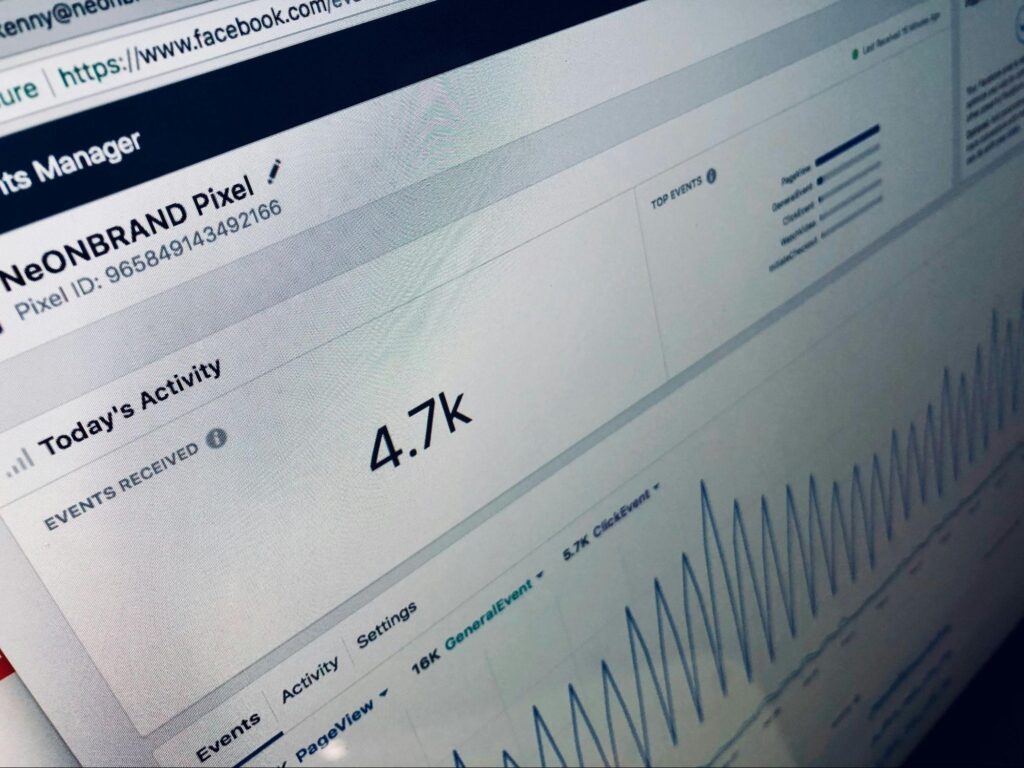How to Create an Effective Digital Strategy: A Complete Guide

In today’s hyperconnected world, many businesses struggle to develop a cohesive digital strategy. Despite spending more on digital marketing than ever before, companies still find it challenging to create an effective online presence. This disconnect underscores a vital truth: online presence isn’t enough. You need a well-planned digital strategy that aligns with your business goals.
From startups to global enterprises, the most successful companies recognise that digital strategy involves more than social media posts or email campaigns.
It’s a complex interplay of understanding your audience, selecting the right channels, and consistently delivering value through various digital touchpoints.
Understanding Digital Marketing Strategy
A digital marketing strategy, at its core, outlines how a business utilises online channels and technology to meet its goals. This strategy encompasses:
- Websites
- Social Media
- Content Marketing
- SEO (Search Engine Optimisation)
- Paid Ads
- Other Digital Marketing Avenues

Identifying and Analysing Your Target Audience
Successful digital strategies begin with a deep understanding of your audience. Tools like Google Analytics and Facebook Audience Insights provide valuable data on who visits your website and interacts with your content.
By building buyer personas based on real data, businesses can tailor their marketing efforts to specific segments, creating targeted campaigns that resonate with potential customers.
Setting Clear and Measurable Digital Strategy Objectives
Setting SMART (Specific, Measurable, Achievable, Relevant, Time-bound) goals is crucial for any successful online marketing plan. For instance:
- Instead of stating “increase website traffic,” specify:
- “Grow organic website visits by 25% in the next six months through SEO and content marketing.”
- Connect digital objectives directly to business results, such as:
- Generating 100 qualified leads monthly
- Boosting e-commerce sales by 30% year-on-year
Conducting a Digital Audit of Your Current Online Presence
A thorough online presence audit is essential for identifying strengths and weaknesses. Start by examining your website’s performance through Google Analytics, focusing on traffic sources, bounce rates, and user behaviour patterns.
Tools like SEMrush and Ahrefs can track SEO rankings and backlink profiles, while social media platforms provide built-in analytics to measure engagement.

Choosing the Right Digital Channels for Your Business
Selecting the appropriate digital channels is crucial for effectively reaching your target audience. Consider the following:
- Understand Audience Preferences:
- B2B companies often succeed on LinkedIn.
- Retail brands thrive on Instagram and Pinterest.
- Assess Available Resources:
- Factor in your budget and team capacity.
- Evaluate Expected ROI:
- Determine which channels will deliver the best returns.
Once you’ve identified the right channels, establish specific content objectives aligned with your business goals. Focus on creating high-quality, original content that meets your audience’s needs, utilising formats such as:
- Blog posts
- Videos
- Podcasts
A well-planned content calendar and performance analytics will help you optimise your strategy.
If you need help, contact us today to get started on your digital marketing journey!
Developing a Robust Digital Marketing Strategy
To enhance your digital presence, consider the following key components:
Search Engine Optimisation (SEO)
- Conduct Thorough Keyword Research:
- Use tools like Google Keyword Planner and Moz.
- Implement On-Page Optimisation:
- Use relevant keywords in titles, meta descriptions, and headers.
- Ensure Technical SEO:
- Focus on fast loading speeds and mobile-friendly design.
Social Media Marketing
- Choose Active Platforms:
- B2C Companies: Facebook and Instagram.
- B2B Businesses: LinkedIn.
- Engagement Strategies:
- Maintain a consistent posting schedule.
- Respond promptly to comments.
- Share user-generated content.
Email Marketing
- Personalise Your Messages:
- Segment your audience based on purchase history and interests.
- Craft Targeted Content:
- Use personalised subject lines to boost open rates.
- Monitor Key Metrics:
- Adjust your strategy based on which email types resonate best.
Paid Advertising
- Utilise PPC Ads:
- Position your business before active buyers on search engines.
- Leverage Social Media Ads:
- Build brand awareness through targeted campaigns.
- Optimise Campaigns:
- Set clear objectives, use direct ad copy, and implement strong calls to action.
- Regularly conduct A/B testing to refine your approach.
By integrating these elements, you can create a comprehensive digital marketing strategy that effectively engages your audience and drives results.
Implementing Marketing Automation Tools
Marketing automation software can streamline repetitive tasks and enhance campaign efficiency. Common uses include:
- Email sequences
- Social media posting
- Lead scoring
Tools like HubSpot, Marketo, and Mailchimp can handle these tasks automatically.

Integrating Web Design and Development with Marketing Efforts
Effective web design and development underpin successful marketing strategies. Key considerations include:
- Ensuring consistent branding
- Creating smooth user experiences
- Aligning website structure with marketing initiatives
- Position key product information based on user behaviour analytics
Optimising User Experience (UX) and Website Performance
The success of your website depends on how easily visitors can navigate and find what they need. Ensure:
- Clear navigation menus
- Prominent calls to action
- Mobile-responsive layouts
Ensuring Mobile Responsiveness and Cross-Device Compatibility
With over 60% of web traffic coming from mobile devices, having a mobile-friendly website is essential. Steps to take include:
- Designing for smaller screens first, then adapting layouts for larger displays
- Using fluid grids and flexible images that adjust automatically to screen sizes
- Regular testing to identify and fix common mobile issues
Leveraging Analytics to Track Progress and Make Data-Driven Decisions
Analytics tools provide insights into the performance of your digital marketing efforts. Important metrics to track include:
- Website traffic patterns (Google Analytics)
- Customer journeys across platforms (Adobe Analytics)
Regularly measuring key metrics enables businesses to understand which strategies work best and adjust their marketing plans accordingly.
Fast loading times are critical, as studies show that 40% of visitors leave if pages take longer than three seconds to load.
Creating an Effective Digital Marketing Budget
Creating a digital marketing budget involves establishing specific spending limits for each online channel, taking into account past performance data to allocate funds effectively, while also setting aside test budgets for exploring new channels. Regular tracking of spending against goals is essential to maximise returns.
Additionally, monitoring performance metrics through tools allows you to gather data on website traffic and conversion rates. By comparing results with your strategic objectives and adjusting tactics based on this performance data, you can enhance the effectiveness of your digital marketing efforts and ensure they remain aligned with your business goals.
The Path Forward with Your Digital Strategy
Creating an effective digital strategy is a journey that requires careful planning and ongoing adaptation. At Secret Agency, we understand that your digital strategy should evolve alongside technology and consumer behaviours.
Ready to take your digital strategy to the next level? Our team of design and marketing experts is here to assist you in crafting a tailored strategy that resonates with your audience. Whether you need help with digital marketing, website design, or brand development, we’re committed to delivering results. Don’t hesitate! Contact us today for a free consultation, and let’s work together to create the ultimate experience for your customers.

